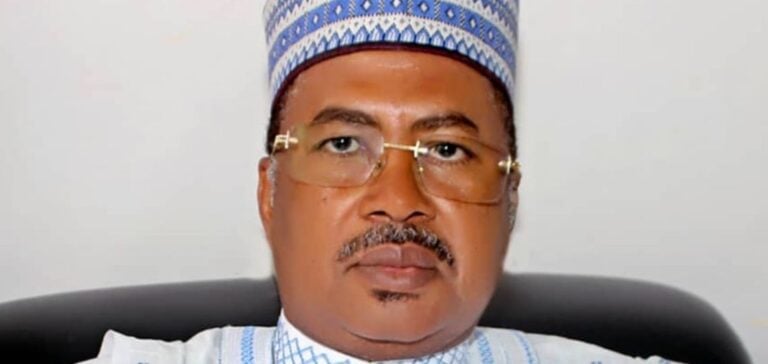The ex-official in charge of Niger’s oil portfolio was reportedly arrested, according to various local sources. His tenure overseeing the ministry coincided with a period of state reorganization, characterized by rapid changes. Civil society actors say the exact grounds for his arrest have not yet been officially disclosed. The situation is drawing attention from those interested in the political and economic developments in this country.
Context of the Ministerial Change
After the military regime took power, the governance of several departments was revised to meet new priorities. The former minister had been appointed to oversee Energy, Mines, and Oil, a role initially grouped into a single large portfolio. This responsibility was subsequently subdivided, resulting in distinct divisions among multiple ministries. Following this reorganization, he remained in charge of the oil sector before being replaced by another official.
The precise reasons for this removal have not been made public, leading to speculation about internal government disagreements. Some observers note the strategic importance of oil for Niger’s economy and the necessity for stringent oversight in this sector. The new officeholder inherited logistical and diplomatic challenges related to crude oil production. In the absence of official information, many analysts await clarification on the motivations behind this sudden shift.
Arrest and Uncertainty
Available information indicates that the former minister was apprehended at his home, without any official justification from the authorities. In the public sphere, this event is prompting numerous questions about the possibility of unresolved disputes or internal conflicts. Caution prevails, as no public statement has either confirmed or denied the motives cited by certain anonymous sources. Several local civil rights advocates are calling for greater transparency to understand the stakes of this matter.
The recent period has been marked by political and administrative adjustments, sometimes leading to unforeseen reorganizations. In this context, the detention of a former government member brings attention to the way internal differences are handled. So far, no official entity has provided details explaining the decision to arrest this figure. Social media platforms are circulating the news extensively, increasing the pressure on the responsible authorities.
Relations with Benin and Economic Impact
While the former minister was in office, he managed a delicate situation with Benin regarding the transport of crude oil. A pipeline linking oil fields in northeastern Niger to the port of Sèmè-Kpodji served as a key channel for oil exports. Political tensions between the two countries resulted in a border closure, disrupting trade. Niger has expressed concern, referencing risks to stability and accusing Benin of allowing certain hostile activities to take place.
Oil is a critical revenue source for Niger, while Benin also benefits from moving the product across its territory. Any disruption to oil transit has a direct impact on financial flows and social conditions in several localities. The former minister’s role included maintaining a technical dialogue with Beninese officials to limit blockages. This mission also involved coordinating with the China National Petroleum Corporation (CNPC), a major actor in developing oil infrastructure.
Future Developments
Authorities have not communicated on the potential duration of the detention or the possibility of legal proceedings. National and international observers are closely following developments in this case, noting that it reflects the complexity of power dynamics within the country. Some point out that energy issues remain central for any administration seeking to consolidate power. Others believe the situation could encourage a more extensive overhaul of oil governance, beyond the mere question of this arrest.






















